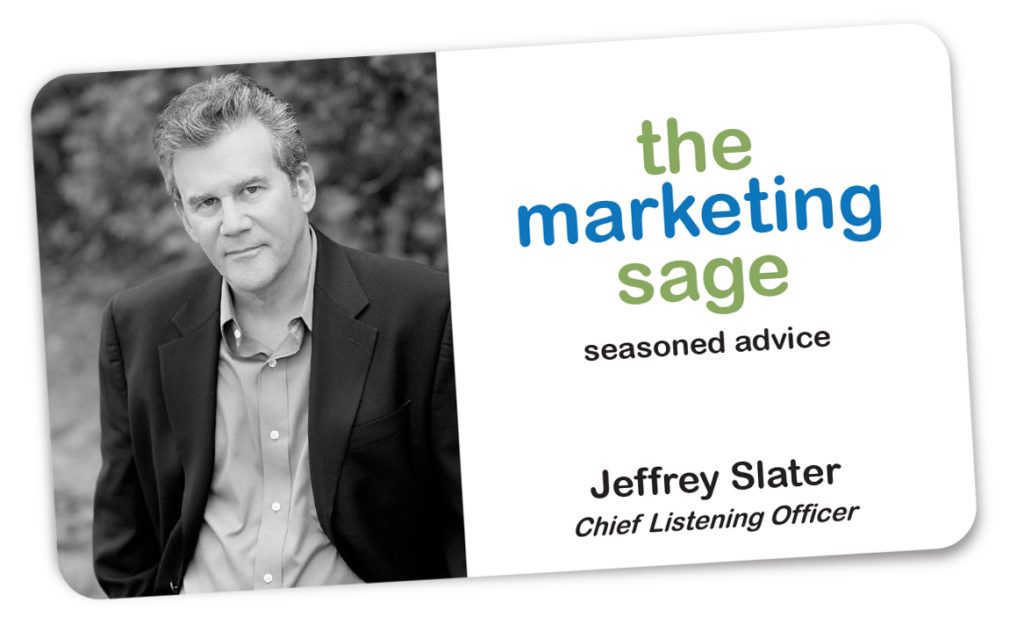I had an inquiry to do some coaching with a woman deciding if she should start a business and become an entrepreneur in 2021 or accept a job. What are the pros and cons?
She reached out to me because she was a regular reader of my blog and thought I’d have a helpful perspective. She knew I had owned a business and had several jobs during my career.
We talked for a few hours and over several months.
The following is a summary of seven pieces of advice about entrepreneurship versus a job. Maybe it will be of help to you or someone you know.
Seven Pieces of Advice: Job versus Starting a Business
- JOBS ARE EASIER. You don’t have to worry about every single detail when you accept a position. You work hard, but you often get to work somewhere with an infrastructure in place and with others who are working together toward a common goal. You don’t have to get the work and then do the job. Usually, you do one of them, not both. As an entrepreneur, you must do it all. If you are at the stage in your life where you have dependents relying on you, a job can provide benefits and some security. Most people get addicted to W2.
- STARTING A BUSINESS IS ALL CONSUMING. A business needs a product or service, a target audience, demand, structure, and value. You begin with a blank piece of paper and try to articulate what you can offer someone that customers There isn’t anyone else to lean on, at least in the first few years unless you have the capital to hire staff or if you partner with someone else. Typically, it can be quite lonely. It is difficult not to be working every free minute you have because there is so much to do. Being an entrepreneur is lonely.
- IT TAKES TIME TO FIGURE OUT WHAT IS YOUR BUSINESS. Sometimes you think you are selling stuff, but you realize the emotional benefit and value you are creating over time. Going slowly and learning from each sale helps you create a clear vision for growth and a deeper understanding of how you want your business to develop. Many people take years to understand what business they are in.
- HOW WILL YOU DIFFERENTIATE YOURSELF? Almost every business has competition. How will you position your product or service so it feels as if customers can only buy from you? What will be a significant part of how you do business? Why will your customers be willing to share your story? The difference is vital to be to get full value for what you offer. Competition creates a demand for discounts and pressure to give things away. How will you overcome that challenge?
- FREQUENT REMINDERS OF WHAT YOU DO MATTERS. How will you stay in front of your target audience often enough, so you remind them of you, without being an annoyance? How can you do that in a meaningful way? I call this drip marketing – and I believe you need a plan upfront to stay relevant and in the consciousness of your potential market.
- ALWAYS NETWORKING. Your business will depend on word of mouth. How can you leverage connections, relationships, and acquaintances to help you meet potential clients? It takes time to network, but you must schedule and plan for it every single day. You can’t expect the world to show up at your front door (or homepage). What is your plan for getting the phone to ring from a friend of a friend? I recently got a new client after having lunch with someone I worked with ten years ago but hadn’t seen in a few years. He passed along a lead, and that lunch became valuable to me and my consulting work.
- YOU GET TO DRIVE. One of the joys of being a business owner is that you get to control your fate. You sit in the driver’s seat and determine where you are heading. You have no one to blame. Of course, you can find people to help give you direction along the way, like a good accountant who can help you set up your bookkeeping system. Having two hands on the wheel and steering in the order you want to go is both scary and exhilarating at the same time.
Getting a job is more comfortable and a safer bet for most people. You must want total control and be willing to commit in time, energy, and money. When I had my own business, I always worked more hours each week than I did as an employee.
Always.
That isn’t to say I didn’t work hard in the job but being self-employed is a different type of commitment. If your family depends on you, being self-employed is a distinct psychological burden. Jobs are fraught with layoffs, moves, and lots of challenges. But being self-employed means, EVERYTHING falls on your shoulders until you start adding a team. And even then, it is still on you.
There is no off switch for the self-employe.
My client decided to do both take a job AND start a business.
She realized that she could have regular income flow while working evenings and weekends on her business idea. By doing both, she can see what is right for her. If she can generate enough income and regular customers from the new business, it may give her the confidence to put her full focus on the entrepreneur route.
I’m glad I got to have a mix of both worlds in my career. I learned valuable lessons from both experiences.
I am so glad my wife and I had a business we built together and I got to experience the joy and challenges of being an entrepreneur. It was an invaluable business lesson – better than an MBA.
Are you going to get a job or become an entrepreneur and build a business?
Need an experienced business coach to guide you through a difficult decision?
I can help. You can set up a time to chat with me about your marketing challenges using my calendar. Email me at jeffslater@themarketingsage.com. Or call me at 919 720 0995. The conversation is free, and we can explore if working together makes sense. Try my new chat feature on my site if you have a quick question.

Photo by Start Digital on Unsplash




